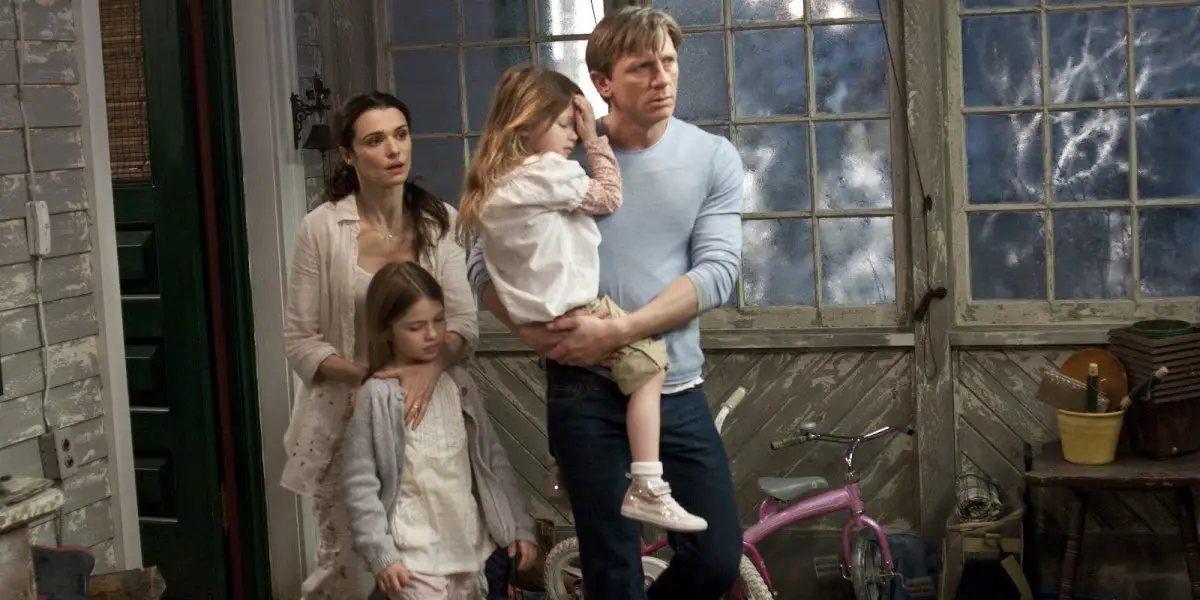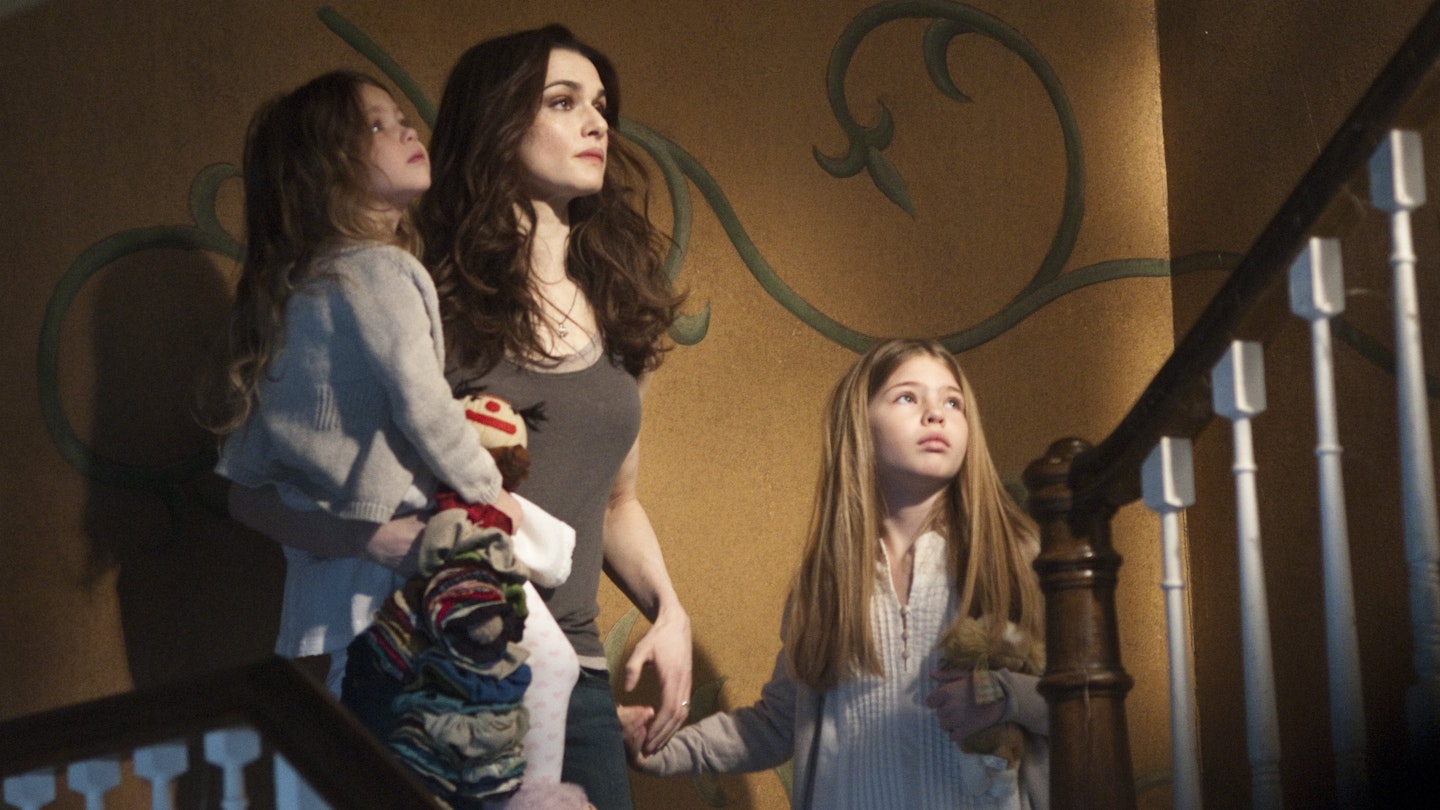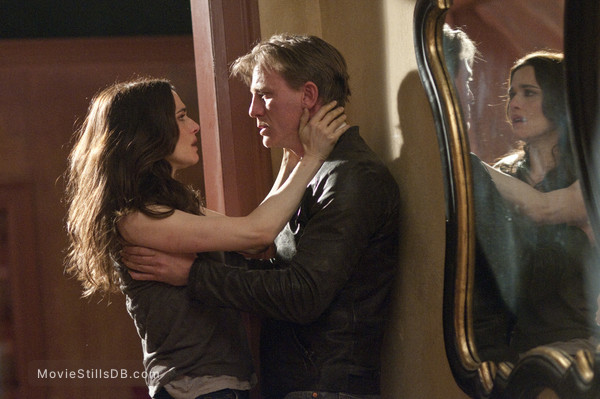Dream House (2011): A Psychological Thriller Undone by Its Own Ambition
Released in 2011, Dream House is a psychological thriller that had all the ingredients for success: a star-studded cast, an intriguing premise, and a director known for emotionally grounded storytelling. However, despite its potential, the film was met with mixed reviews and underwhelming box office results—largely due to marketing missteps and a plot twist that arrived too early in the narrative.
Directed by Jim Sheridan (In the Name of the Father, My Left Foot), Dream House stars Daniel Craig as Will Atenton, a successful New York publisher who leaves his high-stress job to move into a peaceful New England home with his wife Libby (Rachel Weisz) and their two young daughters. What begins as an idyllic family life soon turns unsettling as the family experiences strange occurrences—unexplained figures outside the window, teenagers loitering in the yard, and whispers about the house’s violent past.

As Will investigates, he learns that the house was the site of a grisly murder: a woman and her two daughters were killed, and the husband was suspected but never found. When he digs deeper, the mystery takes a disturbing turn—the victims were not strangers. In a major twist (which, unfortunately, was spoiled in the film's trailers), Will discovers that he himself was the suspect in the case, and the life he believes he’s living may be a construct of his fractured mind.
The concept of Dream House is rich with psychological tension, exploring themes of trauma, grief, identity, and mental illness. Daniel Craig gives a compelling performance as a man whose world is unraveling. Rachel Weisz and Naomi Watts (who plays the mysterious neighbor Ann Patterson) add emotional depth to their supporting roles, though both characters are underwritten. The chemistry between Craig and Weisz is palpable—unsurprising, as they would marry shortly after the film’s production.

Visually, the film is beautifully shot. Cinematographer Caleb Deschanel creates an eerie atmosphere through a palette of cold tones, shadowy interiors, and snow-covered exteriors that amplify the film’s sense of isolation and unease. The score by John Debney enhances the suspense without overpowering it.
Despite these strengths, Dream House struggles with tone and structure. The early reveal of the twist robs the narrative of suspense, shifting the second half into a slower-paced emotional mystery that feels disjointed from the first. The film tries to be a horror, psychological thriller, and emotional drama all at once—but never fully commits to any of them.

Behind the scenes, Dream House was reportedly plagued by creative differences between director Jim Sheridan and the studio, resulting in significant edits and reshoots. Sheridan later distanced himself from the final product, and Craig and Weisz refused to promote the film—an unusual move for A-list stars.

In conclusion, Dream House is a flawed yet fascinating film. While it doesn't fully deliver on its psychological thriller promise, it offers strong performances and visual elegance. For viewers interested in stories about memory and trauma—with a supernatural edge—it’s worth watching, though best entered with tempered expectations.

-1752118817-q80.webp)
.jpg)